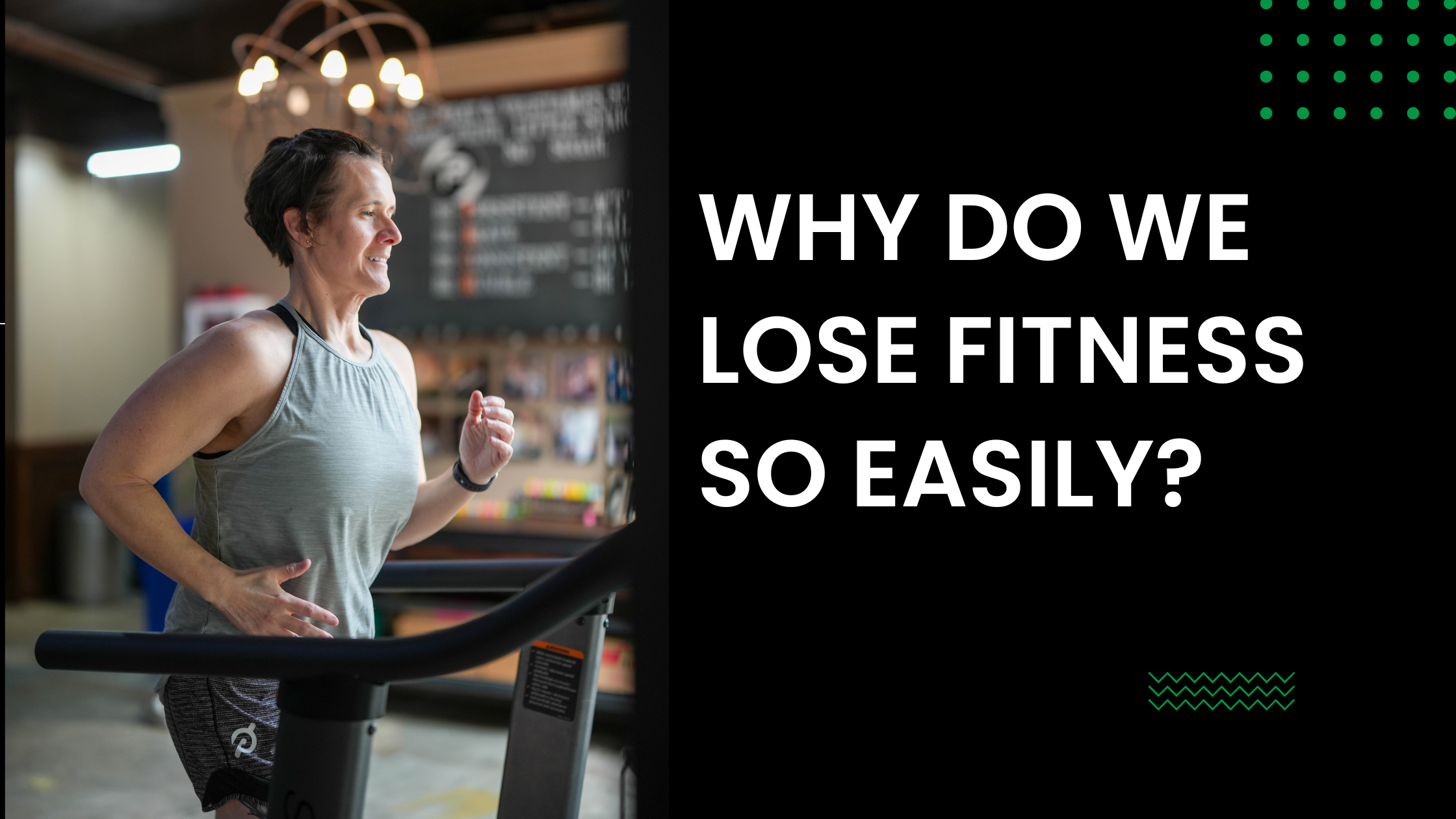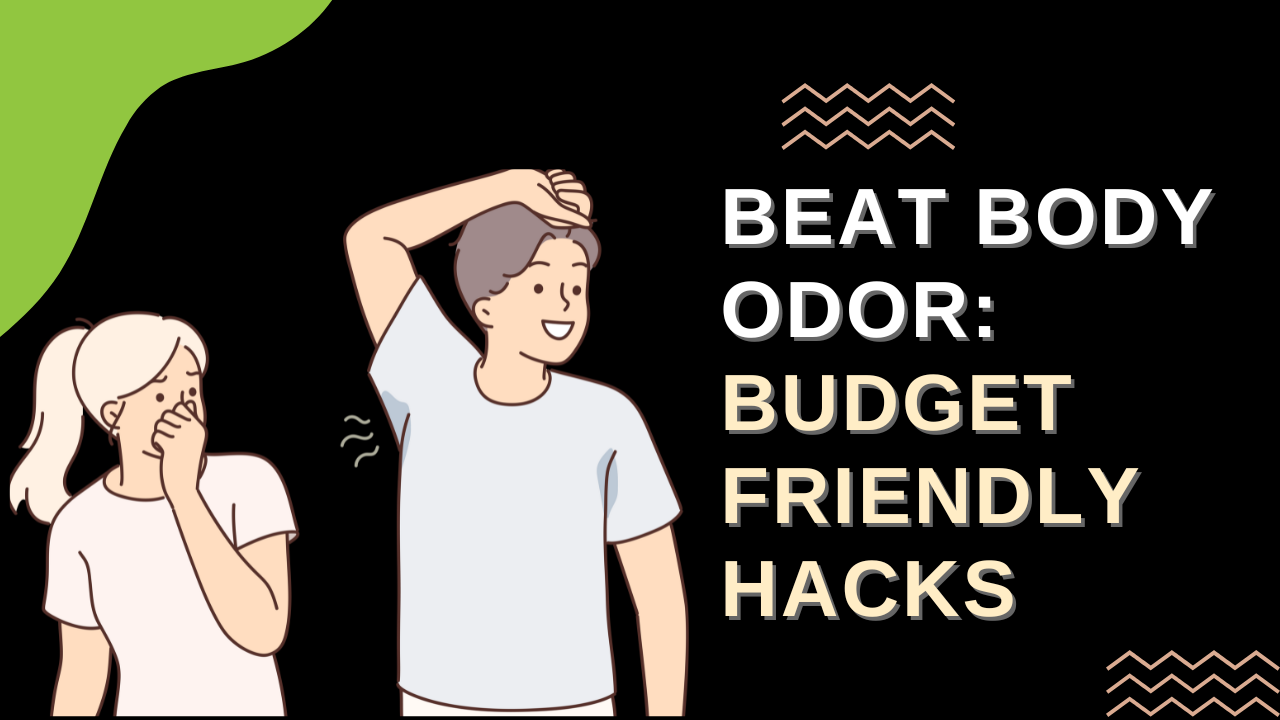1. Muscles Don’t Like To Wait Around

Muscle memory is a real thing. You’ve probably heard about it before, the idea that if you’ve built muscle once, your body will remember how to rebuild it quickly after a break. While that’s true to some extent, muscle loss can still happen fast—faster than most of us expect. After a week or two of inactivity, your muscles start to atrophy, meaning they shrink and lose strength. And it’s not just about the size of your muscles; your cardiovascular fitness starts to decline too.
It’s not like you wake up and suddenly feel weaker, but over time, that gap between your peak fitness level and where you’re currently at widens. Cardiovascular endurance can start to drop within a few days, and muscle mass starts to decrease after about two weeks of inactivity. It’s a gradual process, but it’s real, and it can be discouraging.
2. Your Metabolism Slows Down
When we’re working out regularly, our metabolism gets a boost. Regular exercise helps our bodies burn calories more efficiently and maintain a healthy weight. But when you stop exercising, that metabolic boost vanishes. Your metabolism begins to slow down, and your body doesn’t burn energy as efficiently anymore.
The longer you stay inactive, the more noticeable these changes become. Without enough activity, fat can begin to accumulate, especially around the midsection, and energy levels can drop. Even if your diet stays the same, a slower metabolism can cause unwanted weight gain. So, in some ways, fitness isn’t just about working hard in the gym—it’s about maintaining a consistent level of physical activity to keep your metabolism humming.
3. Routine Is Everything
Fitness is a habit. It’s that regular routine of waking up early for a workout, going to the gym after work, or stretching before bed. But when life gets in the way—vacations, work deadlines, a sick kid, or a personal injury—it’s easy to fall off track. And once that routine is broken, getting back into it can feel almost impossible.
It’s not just about the physical aspect; the mental barrier is often even harder to overcome. Getting back to your old habits can feel overwhelming, especially if the workouts or activities that once felt natural now seem like a huge effort. Consistency is the foundation of fitness. Without it, even a brief break can cause a noticeable setback.
4. Stress Makes Everything Harder
Stress isn’t just something that affects your mood—it affects your body too. When you’re stressed, your body releases a hormone called cortisol. This “stress hormone” can actually work against you by promoting fat storage (especially around your belly) and breaking down muscle tissue. Plus, when you’re stressed, your recovery suffers. You don’t sleep as well, your body doesn’t repair itself as efficiently, and your workouts can feel like they’re doing more harm than good.
And the worst part? Chronic stress can make it harder to stay motivated. If you’re constantly overwhelmed, it can feel like the effort required to stay fit is too much. The good news is that by managing your stress—whether through relaxation techniques like yoga, mindfulness, or simple breathing exercises—you can support your body’s ability to recover and keep your fitness levels intact.
5. Age Isn’t Always on Our Side
Let’s face it: as we get older, maintaining fitness gets harder. After the age of 30, our bodies begin to lose muscle mass (about 3-8% per decade), and it gets progressively harder to maintain strength and stamina. While we can fight this process with regular exercise—especially strength training—if we take a break from working out, we’ll see those effects more quickly. Age can be an obstacle, but it’s one that can be managed with the right workout strategy.
Cardiovascular fitness also tends to decline with age, and it can happen more quickly than you’d like when you stop exercising regularly. But the silver lining? With consistent aerobic activity, you can slow down this decline and maintain your heart health.
6. Diet Plays a Huge Role
You can’t out-exercise a bad diet. If you stop exercising, you might not need as many calories, but if you keep eating the same way, that’s where problems arise. When you’re not moving, your body doesn’t require as much energy, and any extra calories can turn into stored fat. But beyond weight gain, poor nutrition can also impact muscle retention.
Protein is key to maintaining muscle mass, and without proper nutrition, your body will struggle to keep its strength. If you’re not fueling your body properly—whether you’re on a temporary break from working out or just struggling with meal prep—it becomes harder to maintain muscle and energy levels. To keep your fitness intact, eat a balanced diet rich in lean protein, healthy fats, and complex carbs, and don’t skip those post-workout meals when you’re back in the gym.
7. Recovery Is Just As Important As Workouts
It’s tempting to think that working out harder and longer will keep you in shape, but recovery is just as important. If you’re not giving your body enough time to repair itself after a workout, you’re actually doing more harm than good. When you’re active, you break down muscle fibers, and those fibers need rest and nutrients to rebuild stronger than before.
But recovery isn’t just about getting a good night’s sleep. If you’ve taken an extended break from working out, your body may struggle to bounce back, even if you’re giving it time to rest. It’s important to strike a balance between active recovery (like light stretching, walking, or yoga) and taking full days off from intense exercise.
8. The Psychological Battle
Fitness is mental, too. It’s easy to get caught in a cycle of frustration or disappointment when you miss a workout or take time off. And when you’re feeling mentally drained or unmotivated, it’s even harder to get back to the gym. Often, it’s that mental barrier, not the physical one, that keeps us from getting back into a routine.
But here’s the thing: progress isn’t linear. Fitness isn’t about being perfect; it’s about persistence. Even if you’ve missed a few days, a week, or even a month, you can always pick up where you left off. The key is to be kind to yourself and understand that setbacks happen. Fitness is a long-term journey, and there’s no rush.
How to Keep Your Fitness When Life Gets in the Way
The truth is, losing fitness doesn’t happen overnight. And the good news is, you don’t have to let it. Here’s what you can do to keep your fitness from slipping away:
- Stay Active: Even if you can’t do your usual workout, try to stay active in some way. Walk, stretch, do light bodyweight exercises—just keep moving.
- Focus on Nutrition: Maintain a balanced diet, even if you’re not working out as hard. Fuel your body with the nutrients it needs to maintain muscle and energy levels.
- Manage Stress: Practice stress-reducing techniques, like meditation, yoga, or deep breathing, to keep your cortisol levels in check.
- Get Enough Sleep: Recovery is key. Prioritize sleep and give your body the time it needs to repair and rebuild.
- Set Realistic Goals: Don’t expect to pick up right where you left off. Start slowly and build back up to your previous fitness levels with patience and consistency.
Final Thoughts
Yes, it can feel like fitness is easy to lose, but the truth is, with the right mindset, a little patience, and a few strategies, you can minimize the impact of breaks and setbacks. Fitness is about more than just the workouts; it’s about consistency, recovery, nutrition, and most importantly, persistence. So the next time you face a setback, remember: it’s just a chapter, not the end of the story. You’ve got this!
Ready to jumpstart your fitness journey with high-intensity, empowering workouts? Let Persistence Athletics be your partner in achieving your fitness aspirations! For expert guidance, scalable workouts, and a supportive community, contact us at Persistence Athletics or call 559-676-9242.





